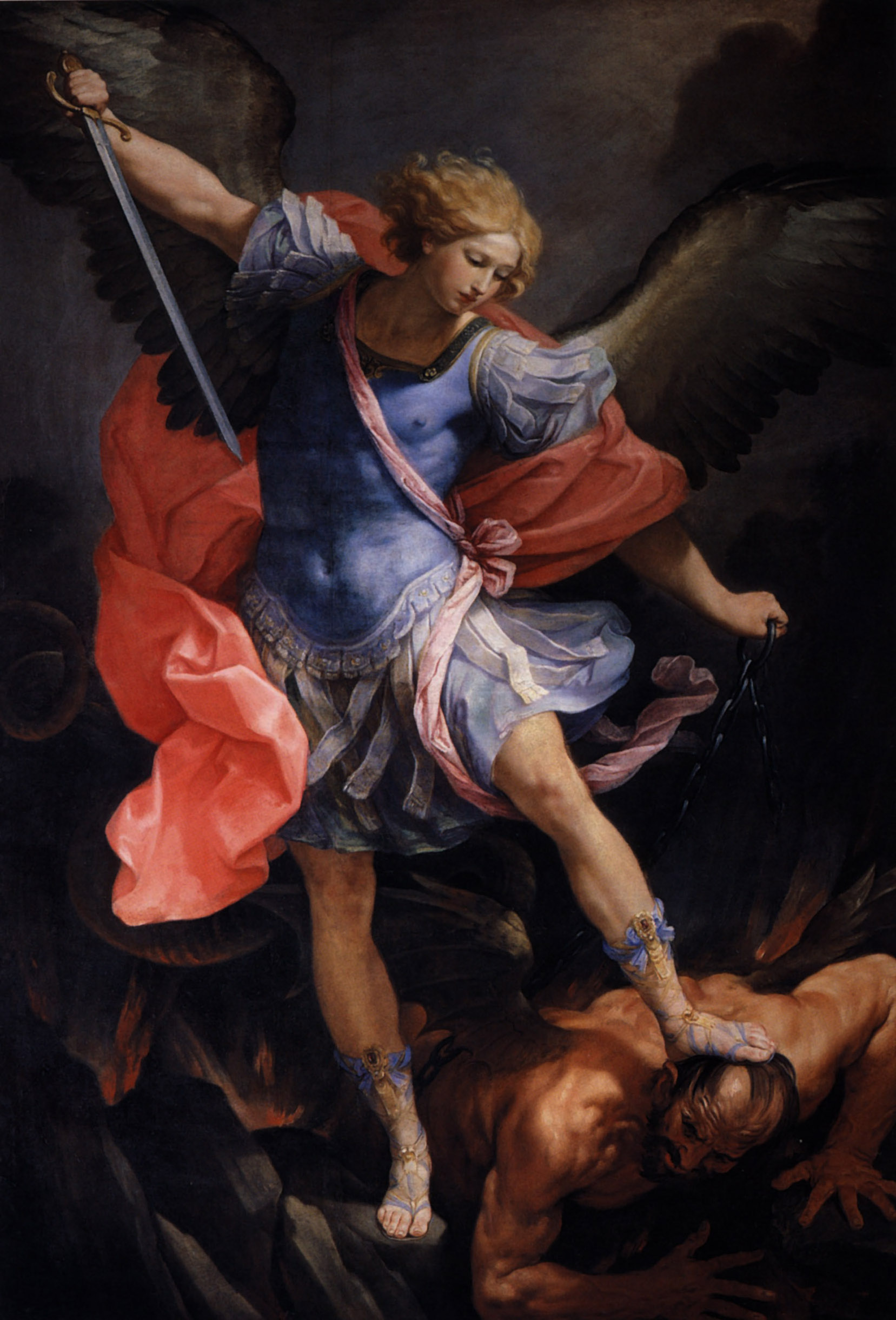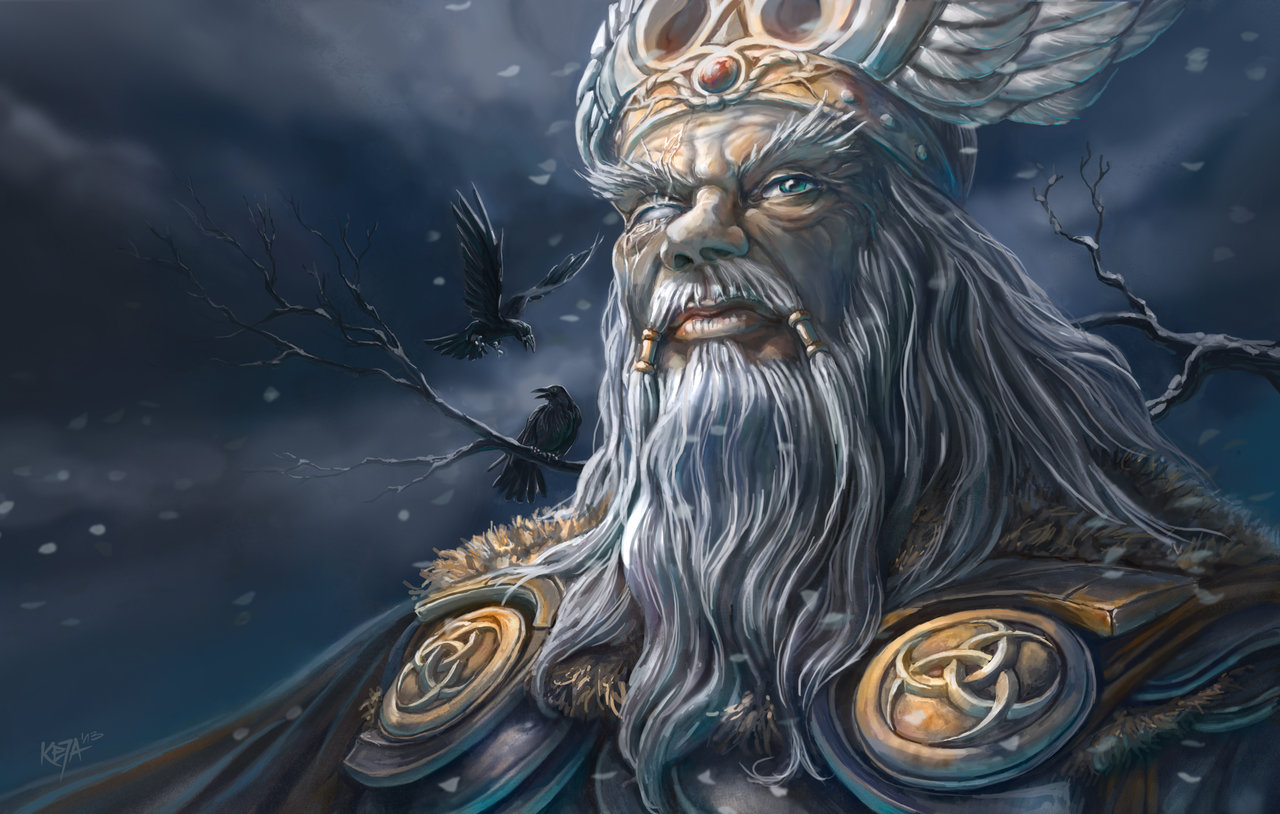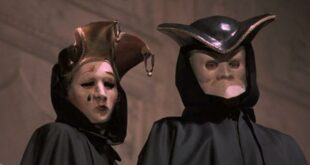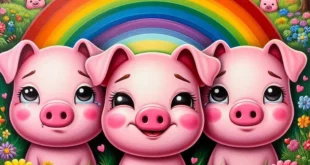Buffalo Jenkins
Daily Stormer
July 30, 2014

For those of us on the alternative or far right – the fascists, reactionaries, imperialists, racially aware socialists and European nationalists of all inclinations – there is a divisive hurdle we must address soberly: the crises of faith. It must be examined from all perspectives, in a relativistic way that can be applied functionally, absorbing as many different groups and opinions as possible within our race, while creating a broad acceptance for any ideology that is racially fortifying.
We do not have the numbers to fall prey to petty to infighting, and if we take a positive perspective, these kinds of factions could be the right kind of diversity (diversity within European groups) required to keep things lively. It will in the end become an issue that is decided by whatever leadership we wind up with, providing we are not exterminated or permanently mongrelized via liberal democracy. Although I think we are all in agreement that whomever does wind up at the top will deserve strict observance of hierarchical obedience, even if certain decisions are not to our personal liking. The issue of faith will be one of the most important considerations, but will need to encompass a wide selection of popular European beliefs, including the resurgence of Neo-Paganism and Aryanism. Atheism, I believe, though frowned upon, needs to be broadly permitted, rationally debated and avowed, providing it does not lead to nihilism or sentimental libertarianism.
To begin with, we must outlay that the religion issue is a three part question. Atheists amongst us will say we do not need faith at all, the currently faithful will hold fast to their Christian tradition, and the hopefully pagan will say we need something new (inspired by the old). Then there are agnostics like myself who have passed from a youthful Christianity, through a ‘raving atheist’ stage, to a mature realization that religion is a unifying, societal necessity that the average man absolutely needs for guidance. I am personally now a bizarre mishmash religiously as I adore the pagan beliefs and myths, and would aspire to a pagan morality, while never being completely free of my Catholic upbringing, which must be acknowledged as my moral root. I am at the same time being sympathetic with certain aspects of atheism, such as the truth at all cost aspect. For me, at the moment, all exist at once, within the grand mystery, which is all and none of them and infinitely more inexplicable.
All things being relative, the very existence of our lives and the universe suggest perhaps a hidden underlying meaning or purpose. While religion can seem superficially harmful, and a sometimes dangerously absorbing irrational belief, it is also a cultural bedrock. When properly applied, it levies all the strength needed for a flourishing, healthy civilization.
The needed moral codes are laid out, or they are interpreted from a natural feeling derived from what some would call God. Men and women’s roles are codified according to their biological strengths and imperatives, and the details of how we should live are devised and thus evolve. Indeed this questions of how we should live should always follow our basic natural instincts, where possible encouraging the broadly good, or the long-term good, and discouraging the broadly bad. This aspect of religion has no doubt been a core principle from the age of the Sumeria onward: the organization of people as a coherent group.
The first question in regards our case must be this: do we need religion, and is it harmful or helpful? Though a great many of us can exist and strive for strength and self-determination as a spiritual pursuit without following a specific religion, it seems much easier, faster and more effective to be born with and die believing a specific regional religion as the traditional keystone to meaning. This remains a truth, for a healthy individual or society, regardless of the objective “truth” of a given religious doctrine. If you take God from the common man he creates a thousand new gods in His place.
Since the true big questions (what is our purpose, what happens when we die) are and shall remain a mystery, then spiritual answers in the shape of a cultural metaphysic are in the majority absolutely necessary. It seems historically Aryan, purposeful and Faustian to maintain the importance of religion. Religion also keeps women upon the path of virtue, promoting community, family and health, in a time when so many are led astray by modernism’s illusory gender war and the subsequent temptation of ‘independence from men,’ which is suicide for all. Religion keeps this tendency on the path of strength for the family and the race, as well as men and women’s own well-being. If Christianity and classical Paganism are historically patriarchal upon their surface, but worship at their root motherhood, chastity and female beauty, it is with good reason.
“Live a good life. If there are gods and they are just, then they will not care how devout you have been, but will welcome you based on the virtues you have lived by. If there are gods, but unjust, then you should not want to worship them. If there are no gods, then you will be gone, but will have lived a noble life that will live on in the memories of your loved ones.”
― Marcus Aurelius, Meditations
If we can then agree, even those of us who have discarded religion, that is seems a strange necessity, and if so, then the larger and most immediately troubling question remains.
Which Faith Should We Follow?
Firstly there are the last remnants of a living faith, being the various forms of Christianity, which is perhaps currently best personified (in terms of strength of self-determination and resistance to post-modernism) in the form of Orthodox Catholicism. Whether we can redirect Christian faith through some kind of funnel into one specific strain seems dubious, and it is likely that should it see a revitalization, all the variations of Christianity that currently exist would continue with perhaps some new amalgamations thrown in, albeit with a more fundamentalist root and a vivid return of racial focus.
Thus, this revitalizing of Christianity would seem the obvious choice, and as I’ve said I have the bias of the remnants of an Irish catholic upbringing that can never entirely be cast off, and it would be very easy for me to resume going through the motions, even purposefully bringing myself back to a certain kind of literal belief. However at this juncture, I can’t say I truly believe, wholly, the events of the new testament and the revelation, and in daylight hours must honestly admit to a deep reserve about condoning the religion. Often at night, before bed, I can revert to a Catholic with Catholic fears. This is a controversial topic amongst Christians, yet we should not fear honest discussion. Christianity remains the only real option as a living faith.
Occasionally, in times of vigour and courage, I get a feeling like maybe there is a God, but that he is much more like an Odin, not offering me security so much as hoping or goading me on to feats of great glory or audacity. I have felt that feeling with great clarity in fleeting moments of triumph or occasionally tremendous drunkenness.

Paganism as a faith is enjoying a youthful renaissance, and comes with an intrinsic European slant that evokes heritage, environmentalism, history, aggression, tribalism, agriculture, hegemony, artfulness and craft, along with many other positive elements. There are variations within that resurgence that many modern Christians must admire. There are the black and Viking metal kids, who encapsulate that angry youth and vitality that we so dearly need, there are the young girls who venture into paganism seeking elvish, woodland spirituality after losing their Christian faith, having a desire to abandon disposable plastic lives and live closer to a healthy nature worship.
I have noticed more and more overlapping between groups of young whites who are acutely aware of our racial problems, who also share or dabble in these proto-pagan views. They do not seem to require a hardness of belief like the monotheists, and can almost be worshipped ‘for fun,’ as it were, the gods representing the seasons and human foibles, abilities, desires.
Just how real is their understanding of ancient European Paganism is the average nipster or Burzum fan? It seems hard to determine, but amongst some there is a genuine attempt at bringing back this faith. The problem remains that it is just that, an attempt – it has been a dead religion for a long time, and I don’t know that anybody alive truly believes in the existence of Thor or Zues, nor would shout his name meaningfully as they parachute from a bomber or charge out of a trench. However, when you read ancient classics and manuscripts, even Plato, it seems obvious that historically Pagan belief, though mutable, had a strength. It remains the Pagan Romans who had a thousand year Reich, not the post-classical Christians. Quite the opposite of the Abrahamic sense, pagan gods were worshipped out of societal duty, and literal belief was intangible, the gods were as real as the sun and the ocean and the forest.
While this idea of reigniting Paganism is very appealing for several reasons, a truly Pagan outlook is something quite alien to modern perspective. It can involve quite a different morality in relation to sex for instance, or compassion towards others, and the core seems elusive to modern minds. Think of a people that would congregate on a weekend to watch convicts get eaten alive by bears and lions, or leave exposed babies on a hillside. There is a strength there, but also a bizarre or confusing sense of compassion.
I must say I find pagan art much more interesting than Christian art, and the myths enthralling (where the Bible largely bores). However, how serious will these youthful White Neo-Pagans feel about their new religion as things get more desperate and dystopian? I doubt, in their current embodiment, that they have the same courage as a believing Christian.

Atheists I cannot begrudge (providing they are not annoying atheists) as I have experienced their dismay, losing faith and embracing hard reality was an initial step to breaking my ‘programming’ and shirking liberalism. They must be shown the importance of religion as a cultural bond, and obey their traditional customs and not mock or dissuade their comrades. Alternatively one should not be shouted down or disavowed for observing the purely rational view, even materialistic view, providing it is tempered with this understanding. This is the root of social Darwinism, eugenics, and long-term racial goals.
So! The way forward? How to find a way to unite Neo-Pagansim, Christianity, and atheism – to exist and not be at odds, not squabbling, but fighting together, in unison. I think the route taken thus far by the Daily Stormer might show part of the answer. What I recommend, for a start, would be that faith is encouraged but not made too much of a collective focus. As with the Third Reich, Christianity was observed, as a given, but not imposed, nor even too often spoken of. Alongside it, National Socialists encouraged esotericism, Pagan views, mysticism and Aryan mythology. Could we go a step further, and break the current movement into slightly competing but friendly factions along religious lines? Could we encourage corps of people belonging to each faith, united under their own banners (the cross, the triskele, the sun wheel, and…whatever it is atheists use) to march alongside each other, each focusing on individual strengths, each with mutual respect? The Pagan division, the Catholic division, the Atheist and Protestant and Druidic division? Could they not see each other as brothers and one compete against the other in scoring defeats against a common enemy?
There are excellent fighters, scholars, patriots and idealists in all three corners that we can and must not do without. I think soon, as cultural Marxists eat themselves alive, the main existential problem facing whites is the uniting of these three faiths in a kind of truce, at least until we have dealt with our enemies. And hopefully thereafter, though I have no illusions about the necessities of the concept of struggle, at this stage we will be lucky to make it out alive.
Hail victory.
The Dread Buffalo Jenkins
 Daily Stormer The Most Censored Publication in History
Daily Stormer The Most Censored Publication in History


